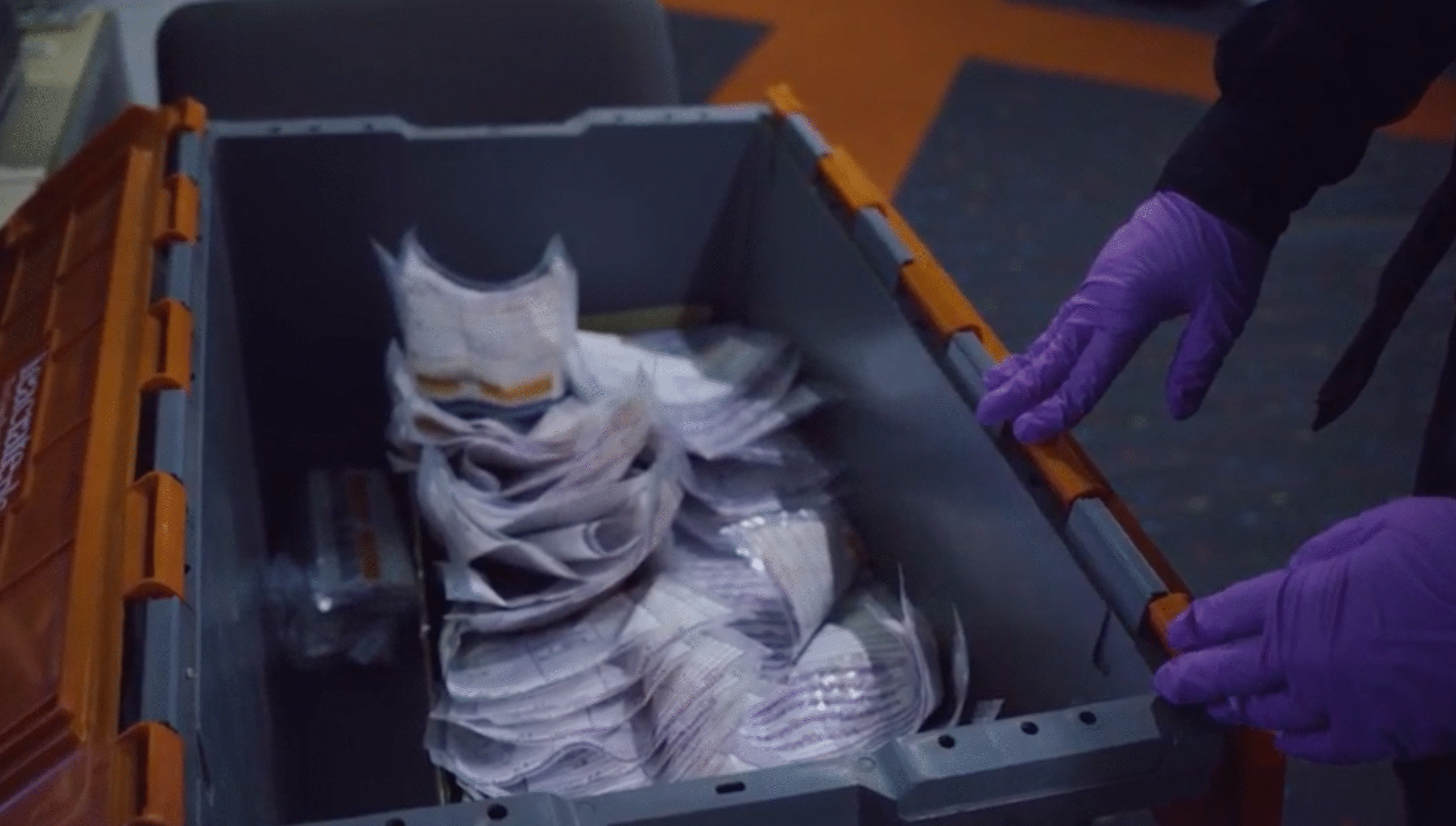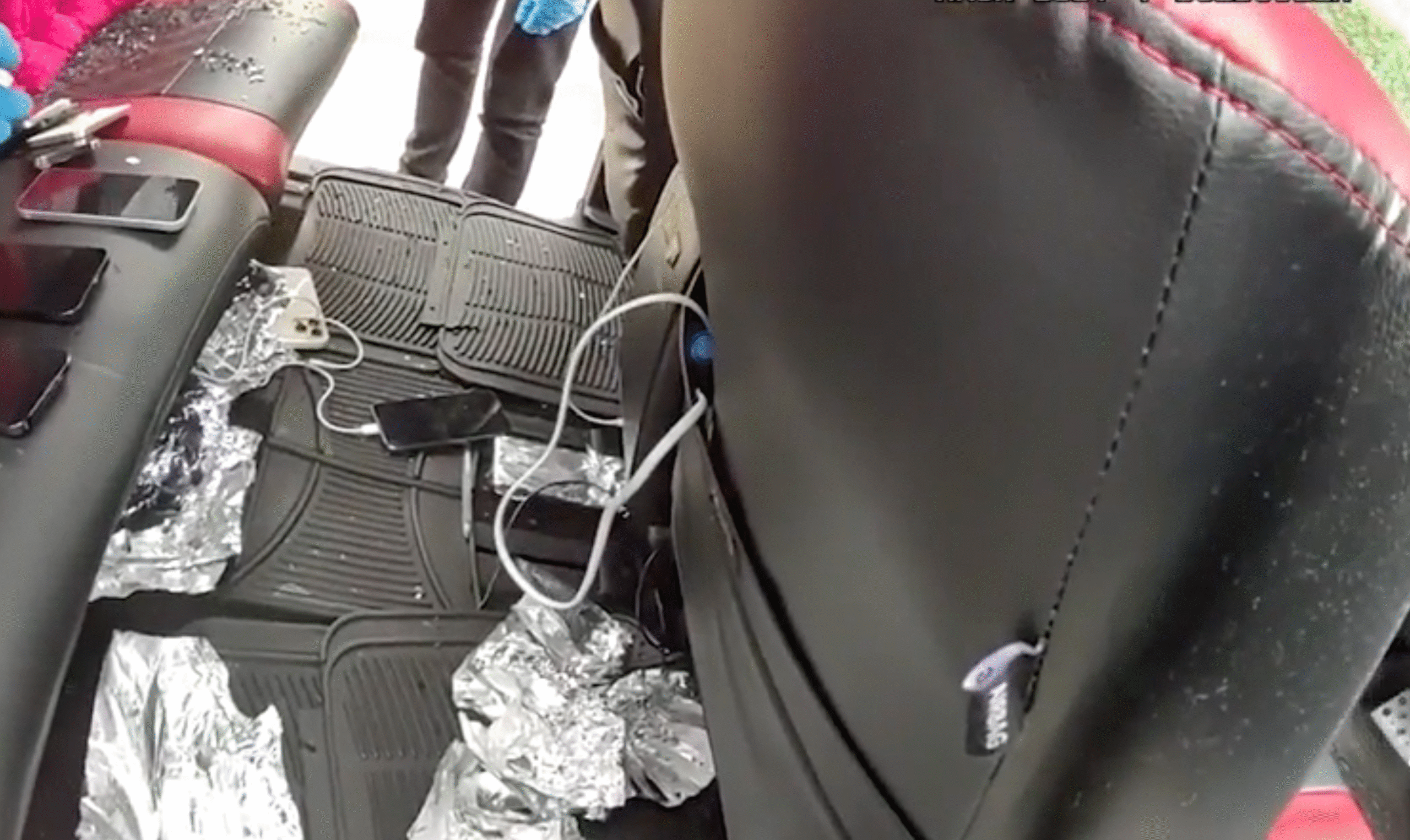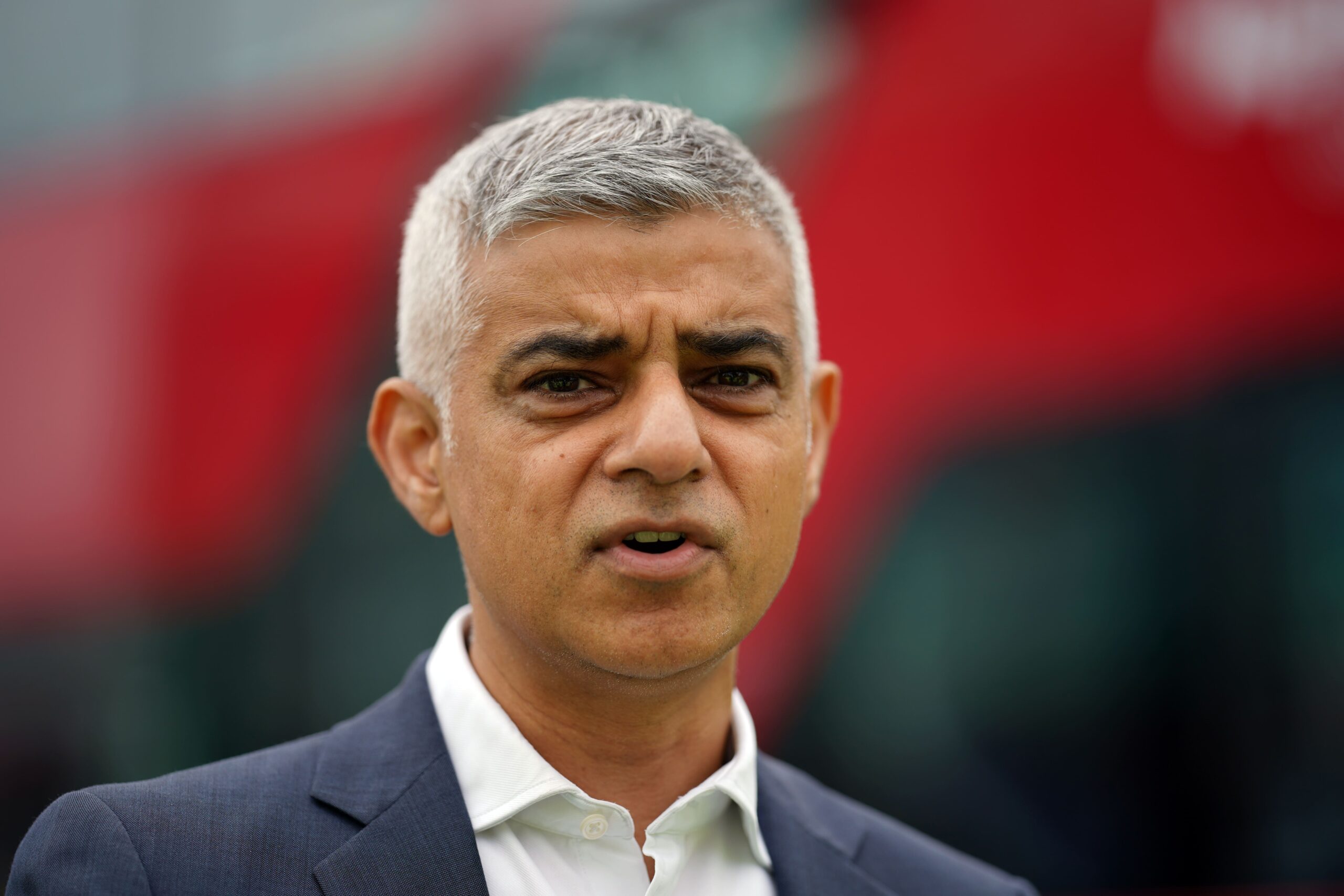An “industrial scale” phone snatching network thought to be behind one in four thefts in London has been targeted in the largest ever operation to tackle the crime wave.
The gang is suspected to have smuggled up to 40,000 stolen phones from the UK to China in the past year – almost 40 per cent of all phones stolen in the capital.
The year-long investigation by detectives who usually tackle drugs and firearms smuggling comes as the Metropolitan Police tries to row back on London’s reputation as the phone snatching capital of Europe.
Two men in their 30s, who were suspected ringleaders known as “subject heron” and “subject seagull”, were last month arrested and remanded in custody on suspicion of handling stolen goods.
Their capture comes after officers uncovered a shipment of a thousand iPhones, which were wrongly marked as batteries on the shipping manifest documents, being sent to Hong Kong at Heathrow airport last December.
Almost all of the devices had been stolen and were wrapped in tinfoil as a makeshift faraday bag.

In a major probe known as Operation Echosteep, detectives intercepted further shipments and were able to forensically link the packages to the two men.
Following their arrest, more phones were found in their car and 2,000 more devices were discovered at properties linked to the suspects.
The investigation also uncovered a network of street-level offenders involved in thefts and robberies and police have made 15 arrests on suspicion of theft, handling stolen goods and conspiracy to steal.
In total, the force has made 46 arrests during two weeks of action across the capital to target phone thieves, including executing 49 search warrants.
Commander Andrew Featherstone, the Met’s lead for tackling phone theft, said stolen handsets are being shipped overseas at scale, adding: “This operation was targeting those people so the organised criminals that earn huge amounts of money and make it their profession to be involved in the stealing of mobile phones.”

Most devices being targeted are iPhone 12 to 16 models, for which thieves can pocket up to £300 per stolen device. Once shipped to China and Hong Kong, they can change hands for up $5,000, police believe.
“This is the largest crackdown on mobile phone theft and robbery in the UK in the most extraordinary set of operations of this kind that the Met has ever undertaken,” he added.
“We’ve dismantled criminal networks at every level, from street-level thieves to international organised crime groups exporting tens of thousands of stolen devices each year.”
However he called for more help from phone manufacturers to help “disincentivise” thefts by introducing features which mean a stolen device can be remotely disabled and never reused.
Commander Featherstone added: “We know the technology is there. Because, as an example, if Apple Store phones are stolen directly from the Apple Store, Apple has no problem in blocking those phones and never see them used to get again.
“So the software must exist so it becomes a choice of why they don’t want to utilise it. So why they don’t want to do that is a question for them.”
Detective Inspector Mark Gavin, the senior investigating officer for Operation Echosteep, said his team is normally focussed on firearms and drug importation.
“But it quickly became apparent that this was not low level street crime, this was on an industrial scale,” he added, noting behind evert stolen phone is a victim, including many who were violently assaulted when their phone was snatched.

The Mayor of London, Sadiq Khan, said the operation was the largest of its kind in UK history, but warned police cannot tackle phone theft alone.
“Criminals are making millions by repurposing stolen phones and selling them abroad, with many still able to access cloud services,” he added.
“It’s simply too easy and too profitable. I will continue to call on the mobile phone industry to go harder and faster in designing out this crime by making stolen devices unusable.
“We need coordinated global action to shut down this trade and build a safer London for everyone.”
Crime and policing minister, Sarah Jones, added: “I want to see more of these large-scale interventions, which is why we’re putting more police on the streets and arming them with stronger powers to track down the criminals responsible and make our streets safer.”
